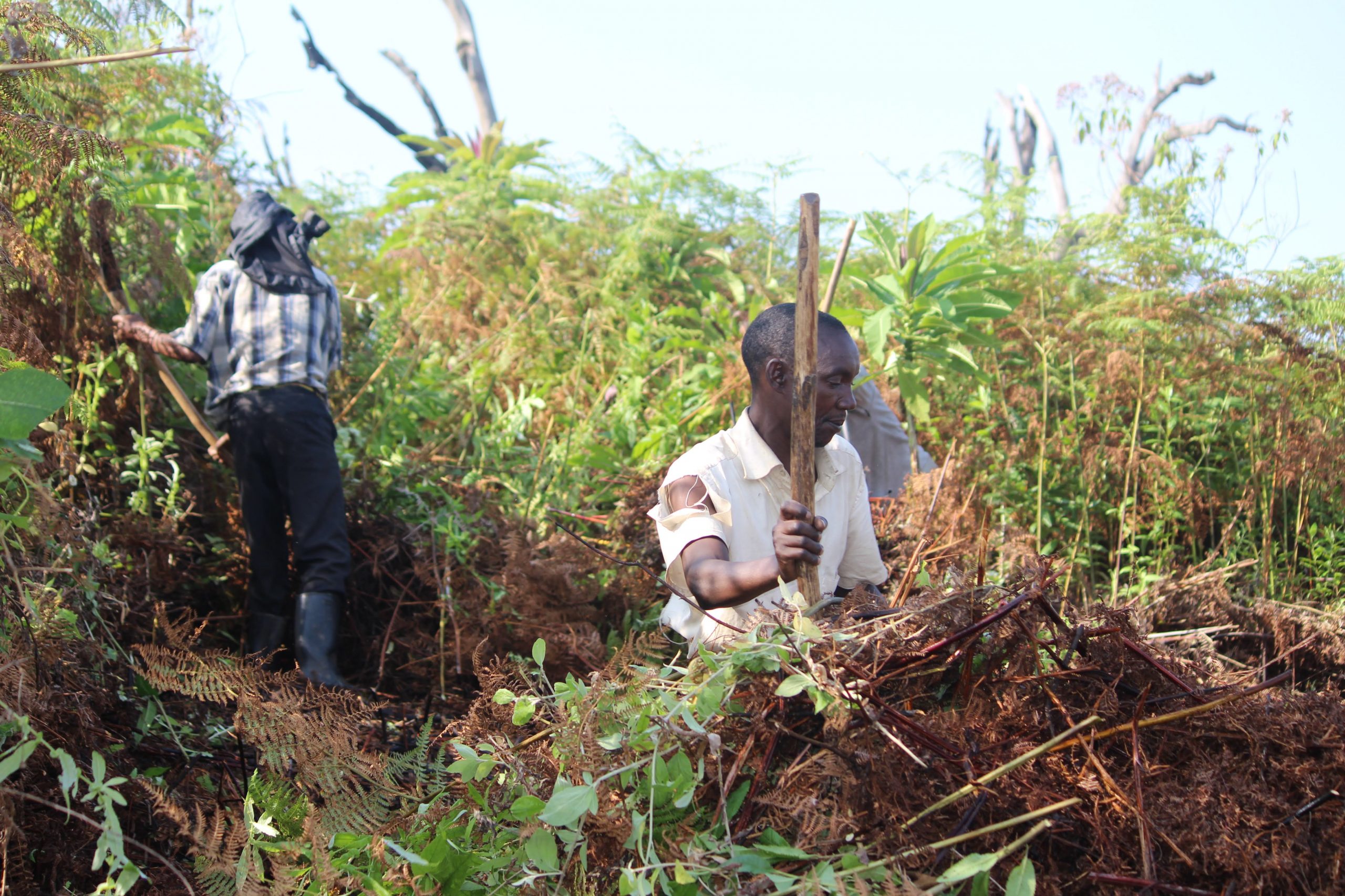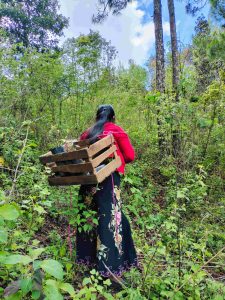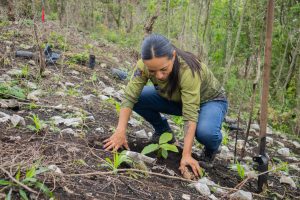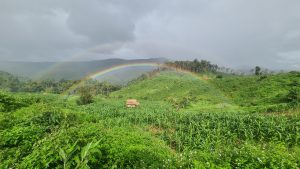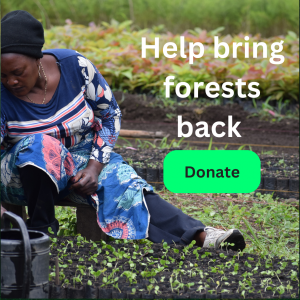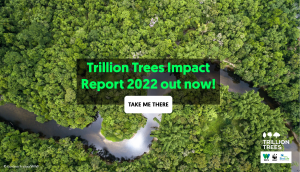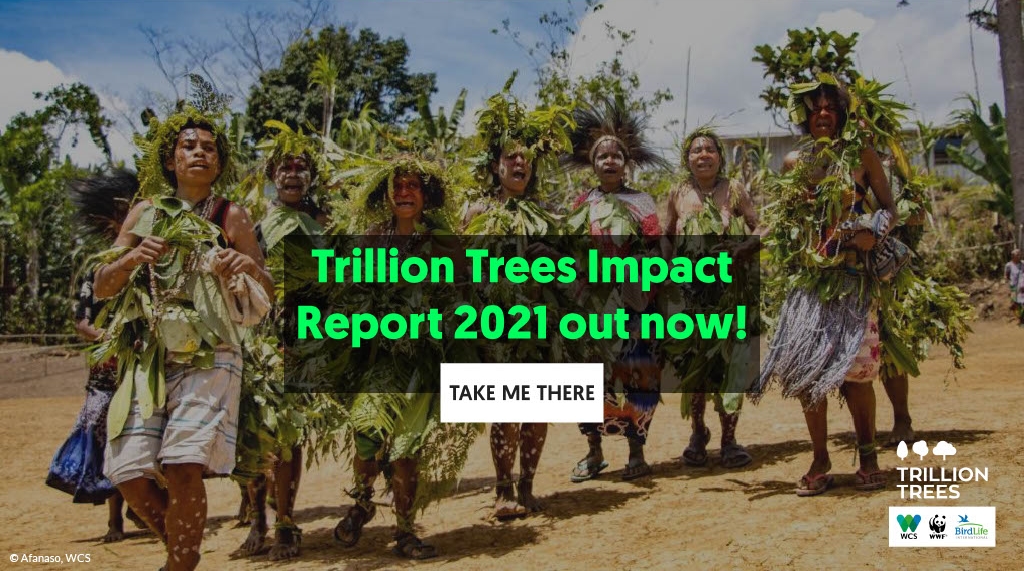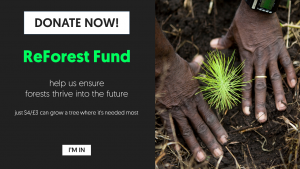Deep in one of Africa’s oldest rainforests, researchers have hit upon a simple, effective solution to historical forest degradation that’s posed a decades-long problem to nature, people and climate – and implemented it, even during a pandemic.
The best solutions are usually the simplest. This has certainly been the case in Nyungwe Forest National Park in Rwanda’s southwest, whose degraded forest pockets demanded a solution that would restore them to a wildlife haven and protect them as a vital resource for local communities.
In the 1990s, swathes of the park were destroyed by fires set by poachers and wild honey collectors, and fuelled by unusually dry weather conditions. Around 10% of the 100,000 hectare forest was lost – an area roughly equivalent in size to Barbados. Colonies of bracken ferns emerged in its place, which suffocated the native seeds buried in the soil and increased the forest’s vulnerability to future fires.
Restoration: a win-win-win
It’s a problem for people, nature and climate. Nyungwe’s highland location houses a fragile watershed that accounts for 50% of Rwanda’s power through hydroelectricity, plus water critical for agriculture in the valleys below. The park is also a key generator of tourism revenue as a vital, highly biodiverse habitat that’s home to endemic and range-restricted species – the same species threatened by forest degradation. Successful regeneration of the areas of Nyungwe that are feasibly restorable – around 6,000 hectares – would add 2.5 million new trees. Over 30 years, the trees would absorb more than a million tonnes of CO2 from the atmosphere – equivalent to the emissions from more than 126,000 round-trip economy flights from Singapore to Newark in the United States, the world’s longest non-stop route.
For Trillion Trees partner, the Wildlife Conservation Society (WCS) – which has supported conservation efforts in southwest Rwanda for 25 years – restoring Nyungwe’s degraded forest presented a win-win. WCS has spent a decade testing approaches, and for Nyungwe, it landed on fern removal as the most cost-effective method to restore the forest in burnt areas – a technique known as assisted natural regeneration (ANR). Now that the Rwandan government has pledged to restore 2 million hectares of degraded land under the Bonn Challenge, WCS is hoping to scale up restoration efforts from pilot to large scale.
This wealth of expertise generated a simple solution: ferns and invasive plant species would be cleared so the forest could grow back, helped along by planting native tree seedlings raised in nurseries. But the physical work was harder: cutting and clearing the thick mass of ferns would require heavy labour in areas only accessible by foot in the mountainous terrain.
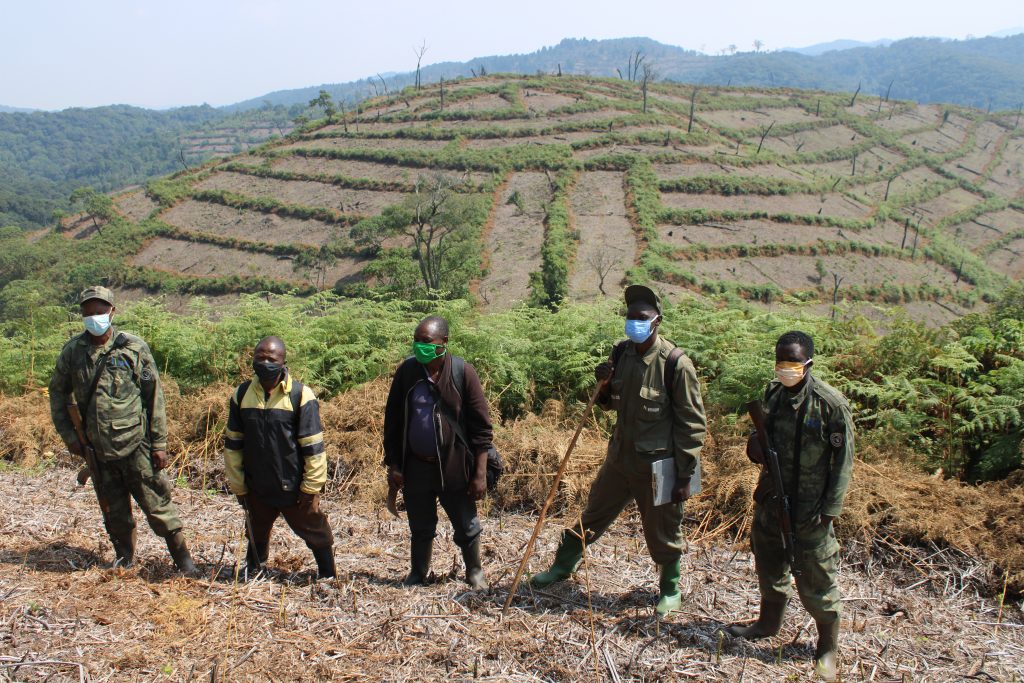
Progress is possible – even in a pandemic
In January 2020, as COVID-19 started to take hold in the East, WCS Rwanda began planning project implementation with the support of Trillion Trees and a grant from The Body Shop International. The money was earmarked for forest restoration through ANR and tree-planting via the Village Savings and Loans Associations (VSLA) model, which is designed to increase tree cover in Rwanda’s agricultural landscapes around the natural forest. The goal of the VSLA is to provide better connections between habitats for wildlife and marry natural resource management with sustainable farming. Local beekeepers, for example, are being supported in honey production without the need for smoking wild bees, thereby reducing the risk of forest fires.
The Body Shop’s involvement stems from its World Bio-Bridges Mission, which funds projects that restore wildlife corridors in damaged landscapes. In Nyungwe, the grant is helping to protect more than 200 tree species and numerous species of birds and mammals – including the endangered eastern chimpanzee.
“The project in Rwanda is a shining example of what can be achieved when expertise is supported by funding. The team has achieved extraordinary results in a short time, despite the challenging circumstances brought by COVID-19. The goal of our Bio-Bridges Mission is to restore wild spaces and the work in Nyungwe is delivering immense value in this area.”
Christopher Davis, Director of Corporate Social Responsibility at The Body Shop
The pandemic ‘hit pause’ on the project when Rwanda went into national lockdown, but that did little to stall the rate of progress. Clearing ferns across 70 hectares – equivalent to more than 1,100 tennis courts – of degraded forest was undertaken by more than 120 people hired from local communities. In just a few months, they regenerated an entire hillside, where the first green shoots of new forest life are now visible.
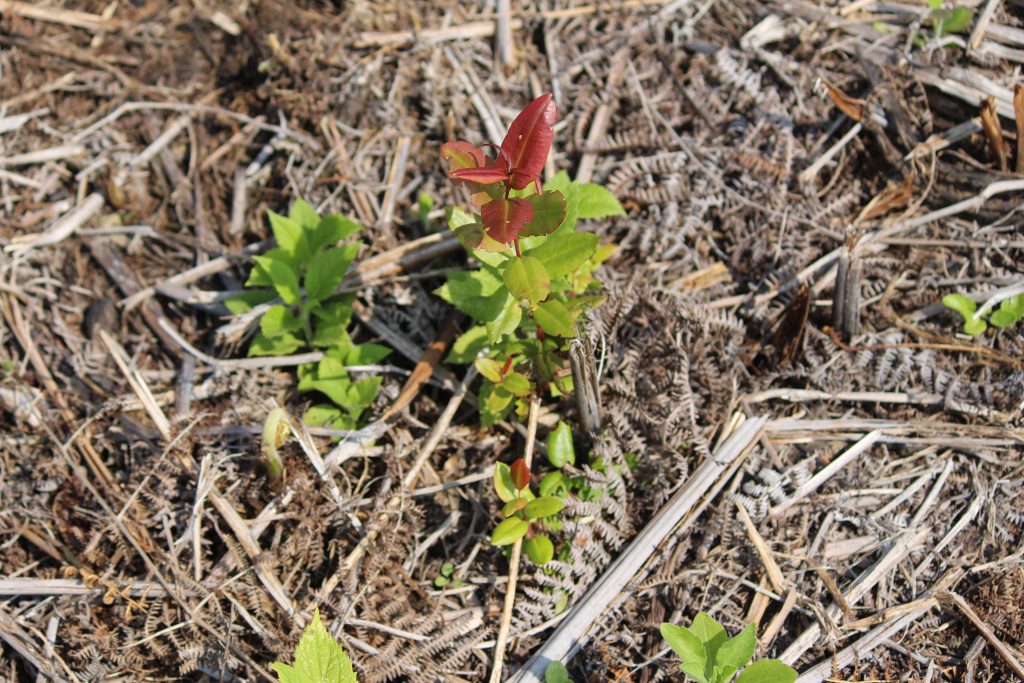
“The generous support from The Body Shop International via a three-year grant has enabled us to kick start assisted natural regeneration activities and achieve important milestones in the first year of the project,” says Mediatrice Bana, WCS Rwanda’s project lead in Nyungwe. “Next steps involve completing all remaining cycles of fern removal and monitoring tree growth and return of other biodiversity, such as birds and mammals in areas under restoration. Looking ahead, we hope to attract funding to restore approximately 6,000 hectares of degraded forest that is feasibly restorable in Nyungwe.”
The next phases of the project will coincide with the launch of the UN Decade on Ecosystem Restoration in 2021.
“Through their work in Rwanda, the WCS team has proven that one simple solution can unlock the power of natural forest regeneration, a valuable tool for climate action and restoring biodiversity. Worldwide, Trillion Trees’ partners are delivering fast, smart, evidence-based solutions that enhance the natural world for people, climate and nature,” says John Lotspeich, Executive Director of Trillion Trees.

